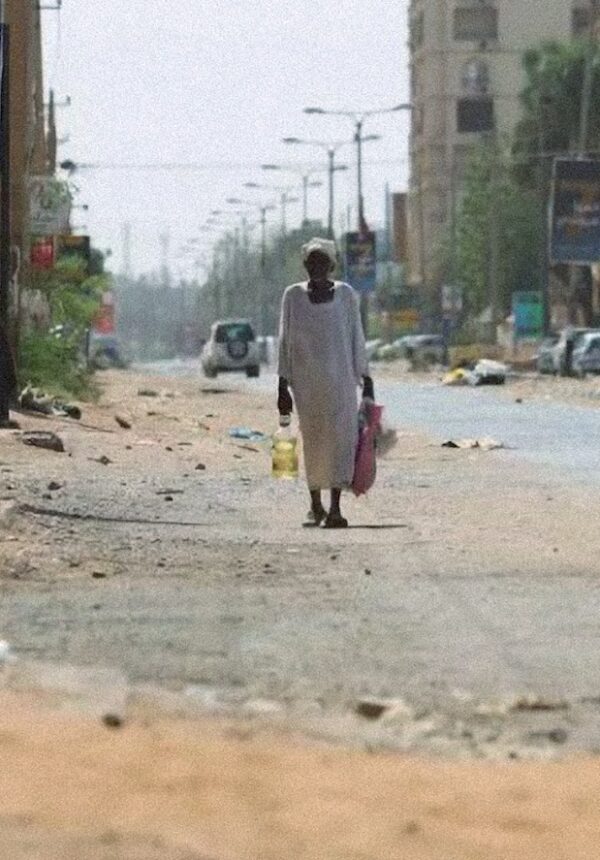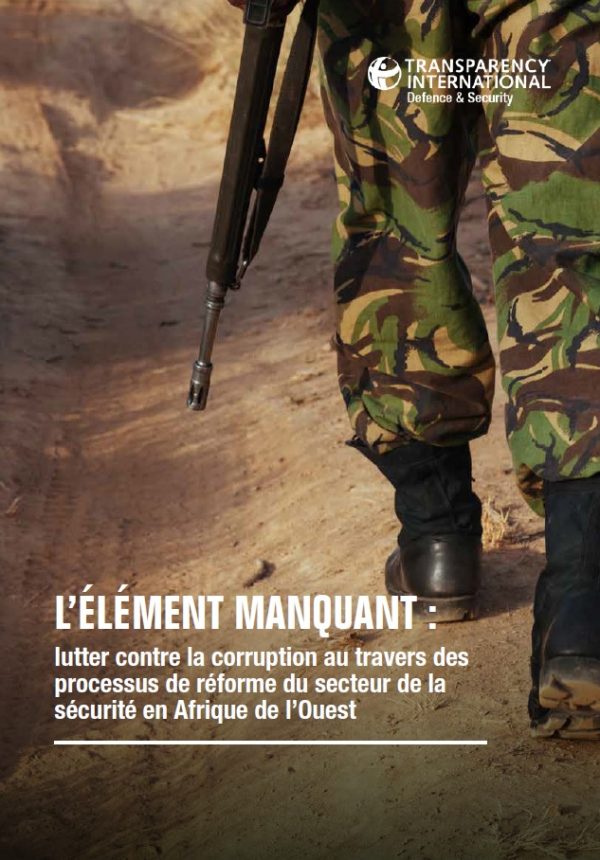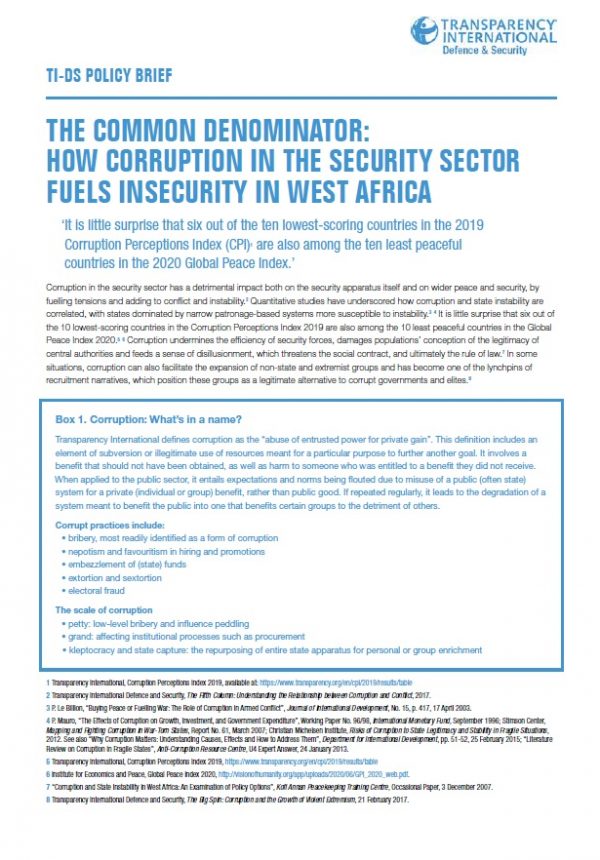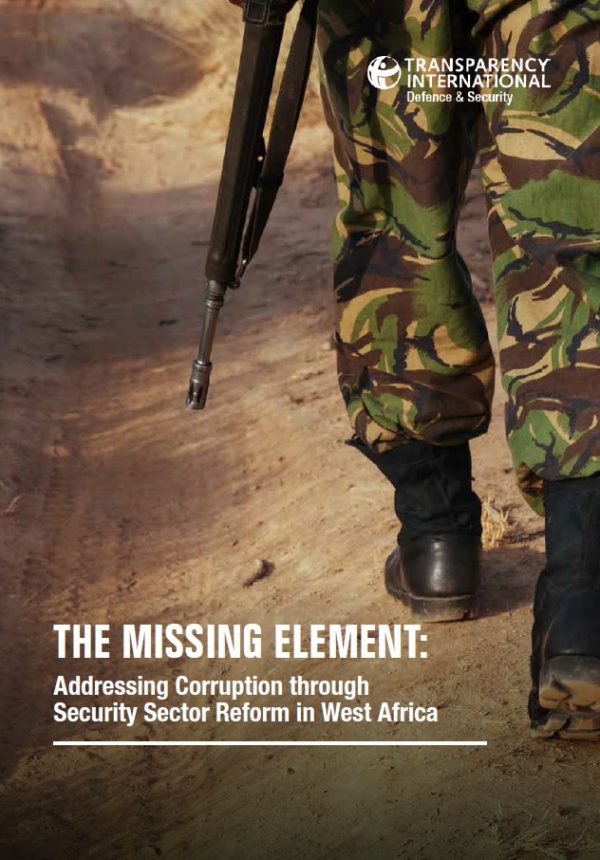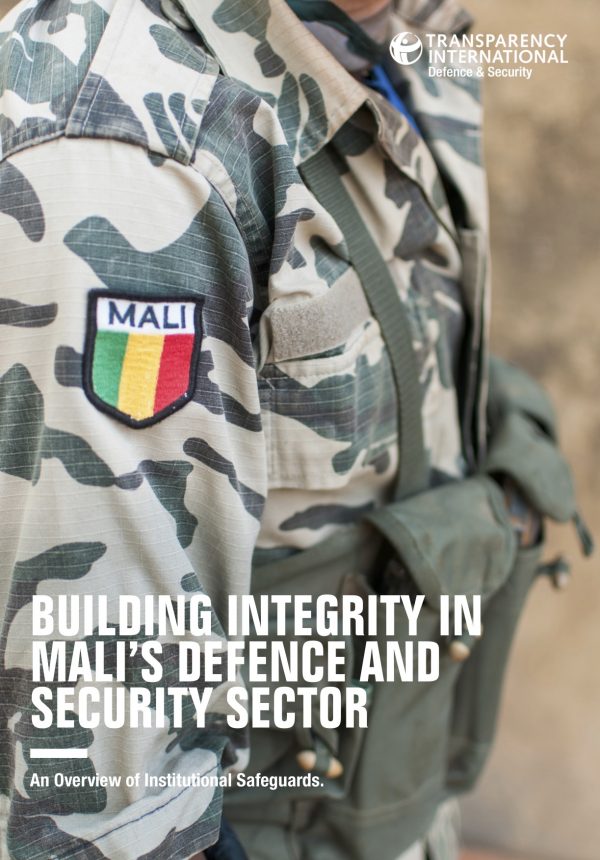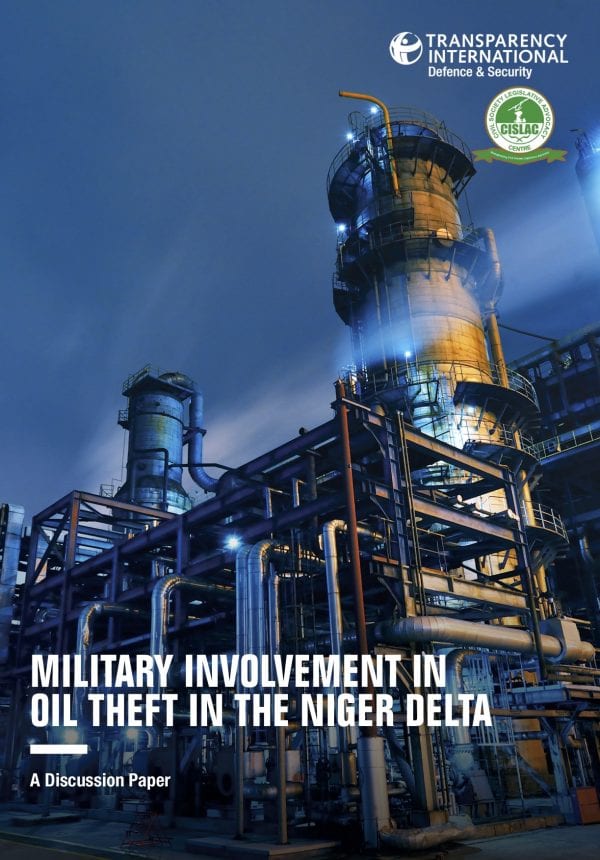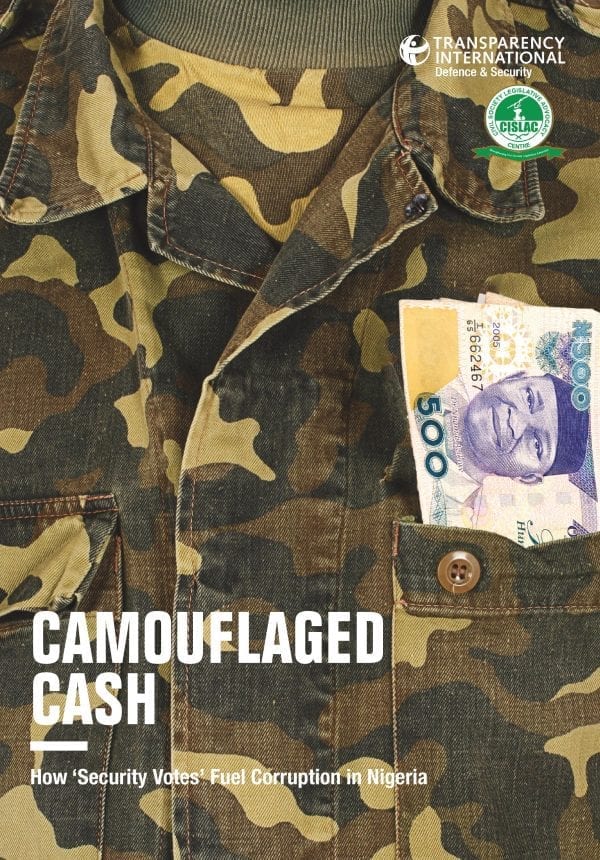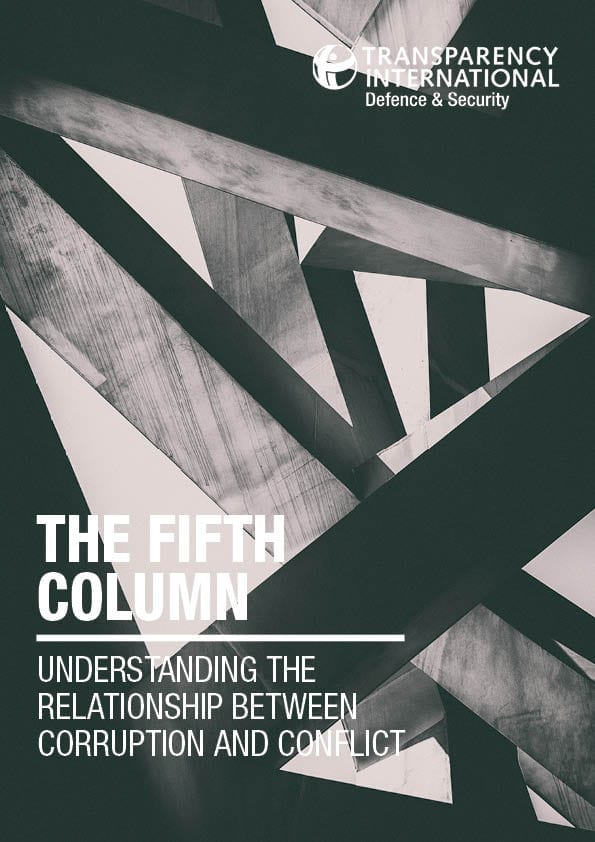The Common Denominator: How Corruption in the Security Sector Fuels Insecurity in West Africa
This policy brief explains how corruption in the security sector has a detrimental impact both on the security apparatus itself and on wider peace and security, by fuelling tensions and adding to conflict and instability.
Quantitative studies have underscored how corruption and state instability are correlated, with states dominated by narrow patronage-based systems more susceptible to instability. It is little surprise that six out of the 10 lowest-scoring countries in the Corruption Perceptions Index 2019 are also among the 10 least peaceful countries in the Global Peace Index 2020. Corruption undermines the efficiency of security forces, damages populations’ conception of the legitimacy of central authorities and feeds a sense of disillusionment, which threatens the social contract, and ultimately the rule of law. In some situations, corruption can also facilitate the expansion of non-state and extremist groups and has become one of the lynchpins of recruitment narratives, which position these groups as a legitimate alternative to corrupt governments and elites.
Intersecting with factors that includes poverty, human rights violations, ethnic marginalisation and proliferation of small arms, security sector corruption has had an alarmingly negative effect on human security in West Africa. For the past three decades, corruption has underpinned some of the worst episodes of violence the region has witnessed. From civil wars in Liberia and Sierra Leone to the ongoing conflict in Nigeria, where rampant corruption has weakened defence and security forces, fuelled resentment against states’ representatives and enabled non-state armed actors to fill the vacuum, corruption has been a common denominator of most conflicts in the region.
Download Publication as PDF